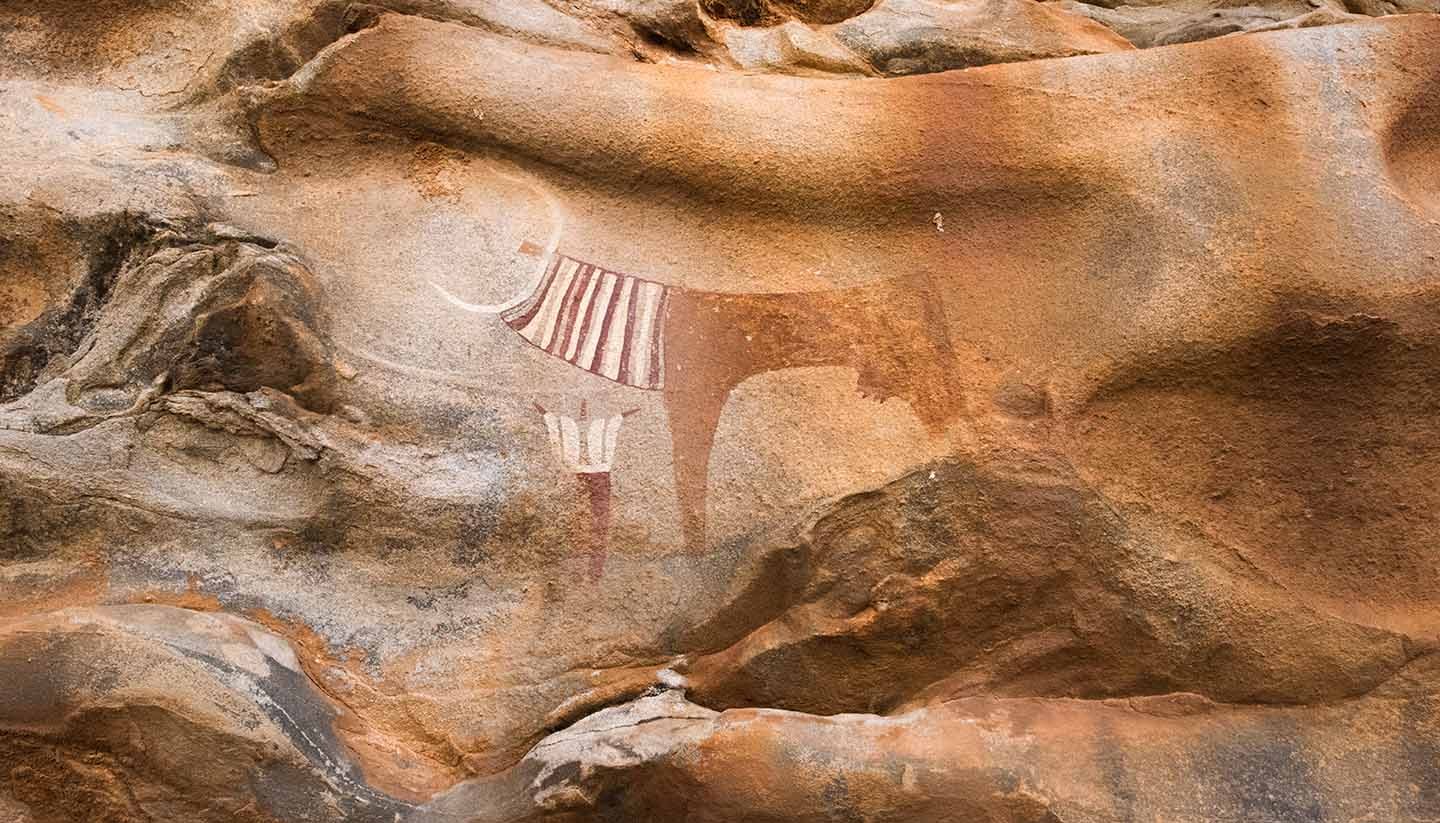Somalia Health Care and Vaccinations
| Title | Special precautions |
|---|---|
| Diphtheria | Yes |
| Hepatitis A | Yes |
| Malaria | Yes |
| Rabies | Sometimes |
| Tetanus | Yes |
| Typhoid | Yes |
| Yellow Fever | Yes |
Health Care
Medical facilities are very limited and visitors are advised to take their own medicines with them. Health insurance is essential. Medical treatment at government-run hospitals and dispensaries is free for Somalians and may sometimes be free for visitors.
Food and Drink
Mains water is normally chlorinated and, whilst relatively safe, may cause mild abdominal upsets. Access to water may be disrupted. Bottled water is available and advised. Drinking water outside main cities and towns is likely to be contaminated and sterilisation is considered essential. Milk is unpasteurised and should be boiled. Powdered or tinned milk is available and is advised. Avoid dairy products which are likely to have been made from unboiled milk. Only eat well-cooked meat and fish, preferably served hot. Vegetables should be cooked and fruit peeled.
Other Risks
Avoid swimming and paddling in fresh water; swimming pools which are well chlorinated and maintained are safe. Vaccinations against meningococcal meningitis, tuberculosis and hepatitis B are sometimes recommended. Somalia has one of the lowest HIV rates in Africa.


